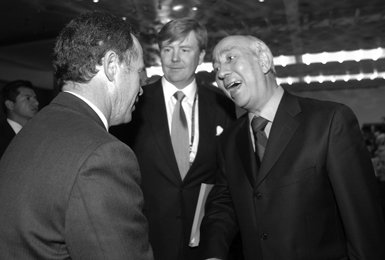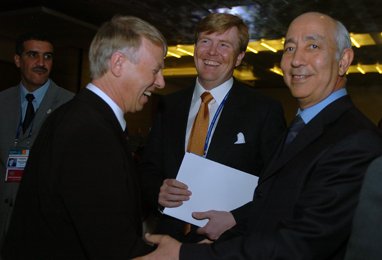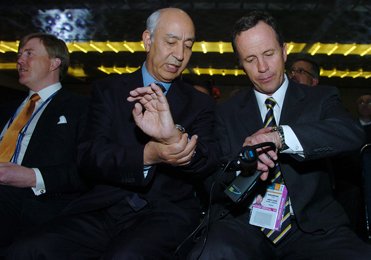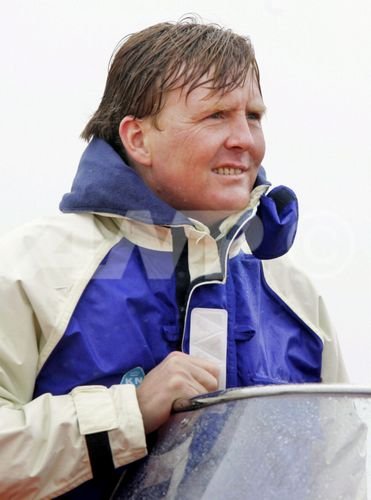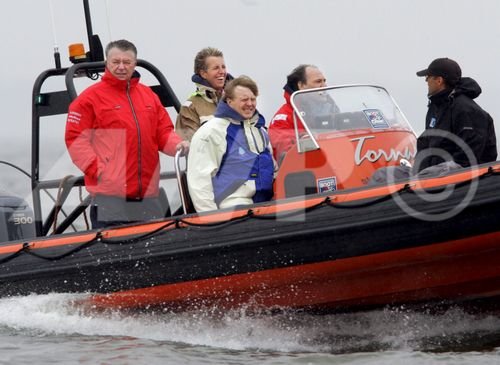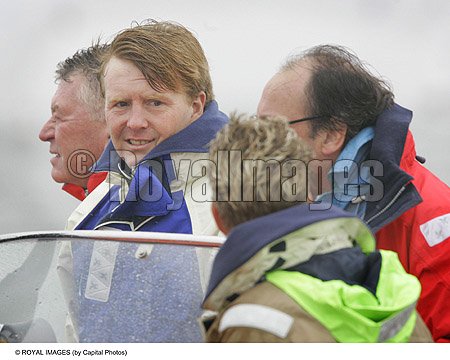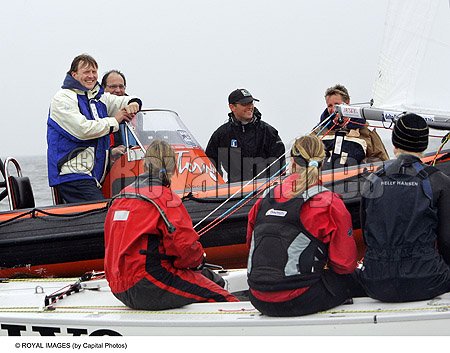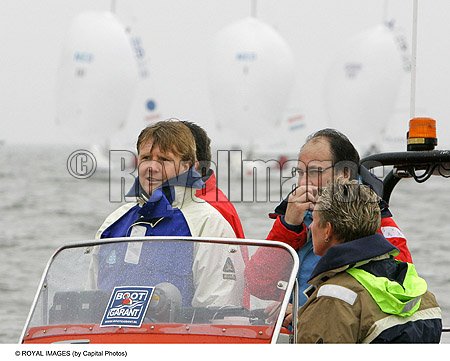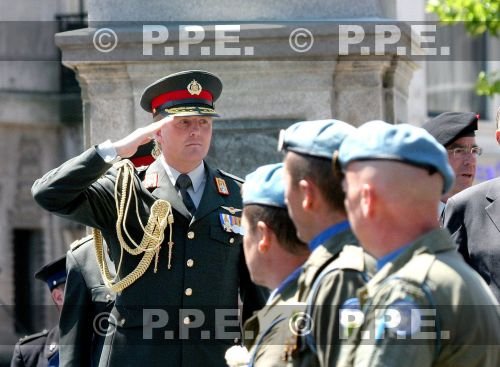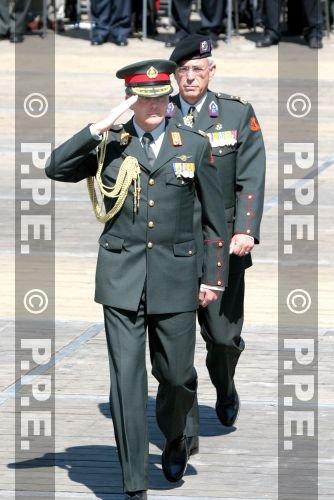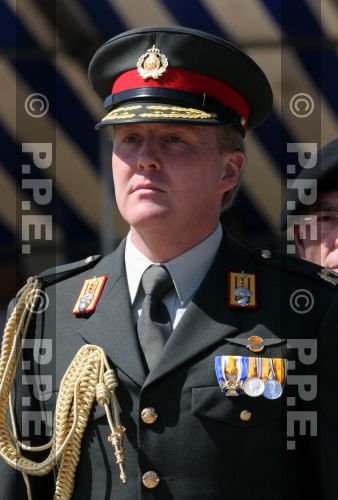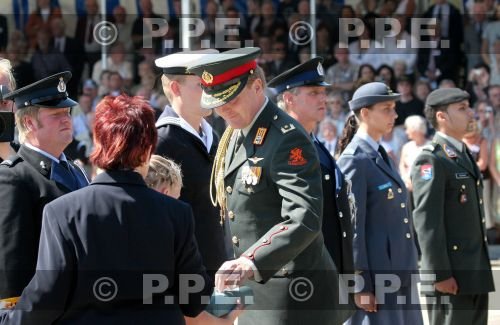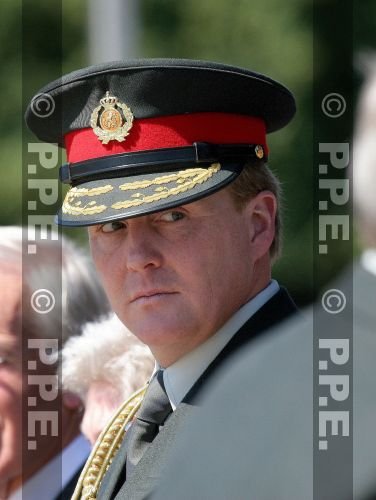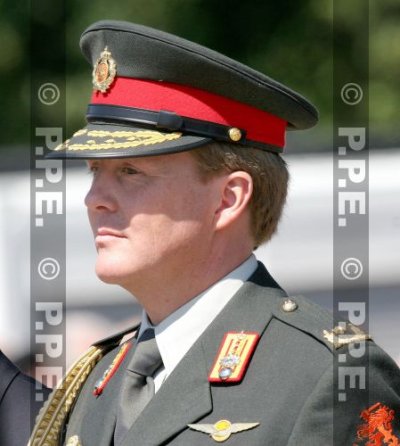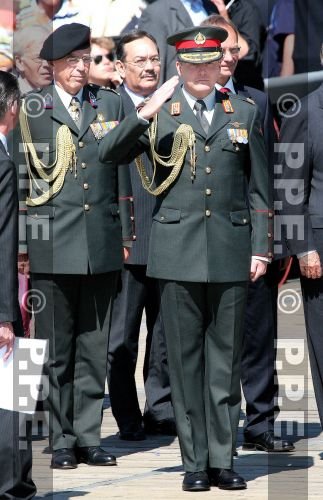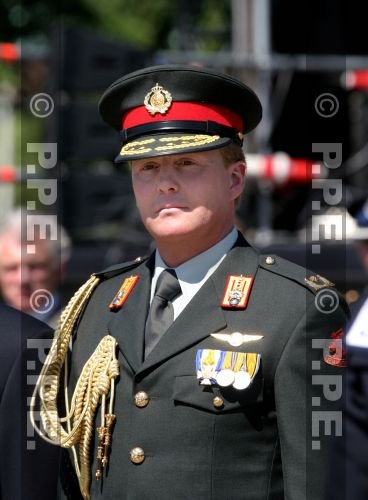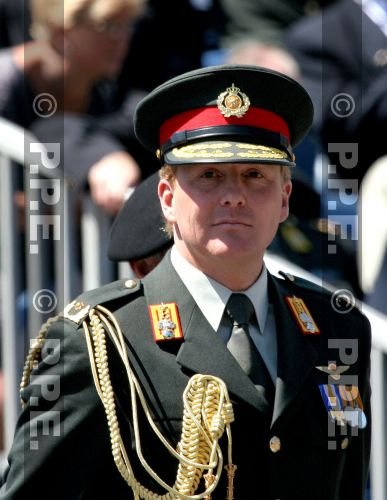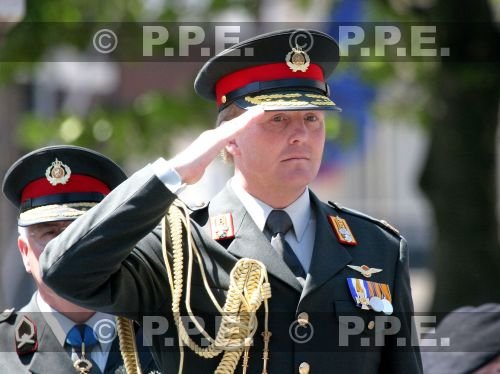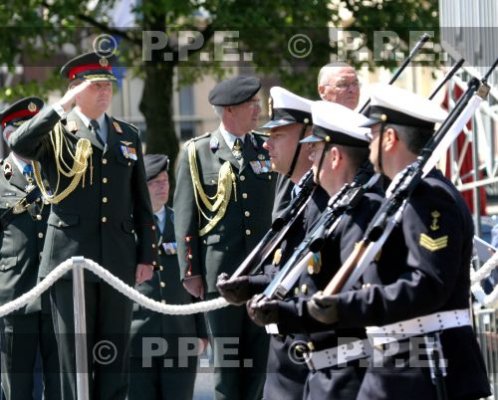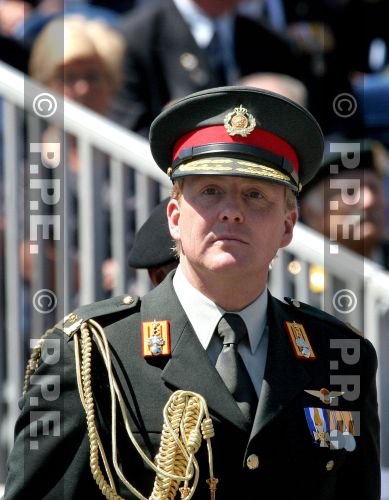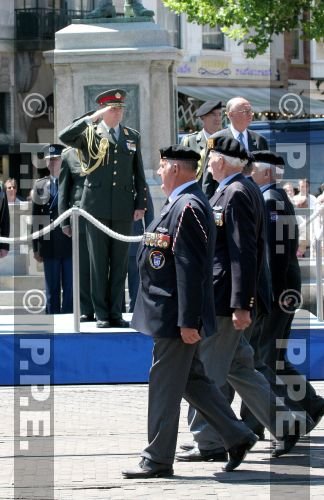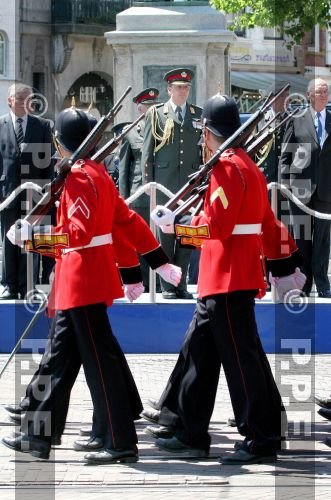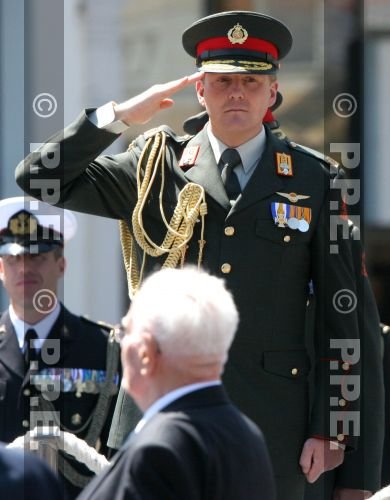purple_platinum
Heir Apparent
- Joined
- Mar 14, 2003
- Messages
- 4,848
- City
- Jakarta
- Country
- Indonesia
part 2 of the speech :
I personally experience that satisfaction every time I have the opportunity to see for myself how countries, regions and villages are coping with water issues.
Ladies and gentlemen,
- In October last year, for instance, I was in Zhengzhou, China, where I witnessed the start of the first GWP water partnership at river basin level between the nine Chinese Yellow River provinces. It was a wonderful example of multi-stakeholder involvement and integrated planning, which deserves to be copied all over the world.
- In November last year, standing on a bridge over an irrigation canal in Morocco, I was again struck by the realisation that all our work in international conference halls is meaningless if it does nothing to improve the lives of people living in water stressed regions.
- And the most recent experience to make an impression on me was in January, when I accompanied a delegation from Louisiana on a tour of major water works in the Netherlands. Governor, senators and their delegation were eager to learn how we dealt with our own Katrina – the storm that devastated our southwest coast in 1953, claiming more than 1800 lives. I can honestly say that we were eager to share our knowledge, because what happened in New Orleans brought back many sad memories to the people of my country. The Louisiana delegation’s visit proved to me once again that sharing knowledge and experience is essential in dealing with the water issues we face.
In the Global Water Partnership’s tenth anniversary year we have some reason to be satisfied, since much has been achieved. Last Thursday I attended the ceremony of the Hassan 2nd Great World Water Prize, which was awarded to, may I say, mr GWP himself, Torkil Jønch Clausen. I am really proud for this recognition of his IWRM work! But we cannot rest on our laurels, because there’s even more to be done. I believe that it was the right decision to dedicate this Forum to best practices. As you well know, some people consider large international events on sustainability and development, to be mere talking shops, producing few tangible results. This kind of comment could also be heard in the run-up to the fourth World Water Forum. I challenge you to prove the critics wrong. By learning from each other here, and by inspiring each other with actions and projects, you can put in an extra effort when you get home. This will require all your energy and resolve. But there is no other way, because, ladies and gentlemen: we have to fill that glass.
Thank you.


